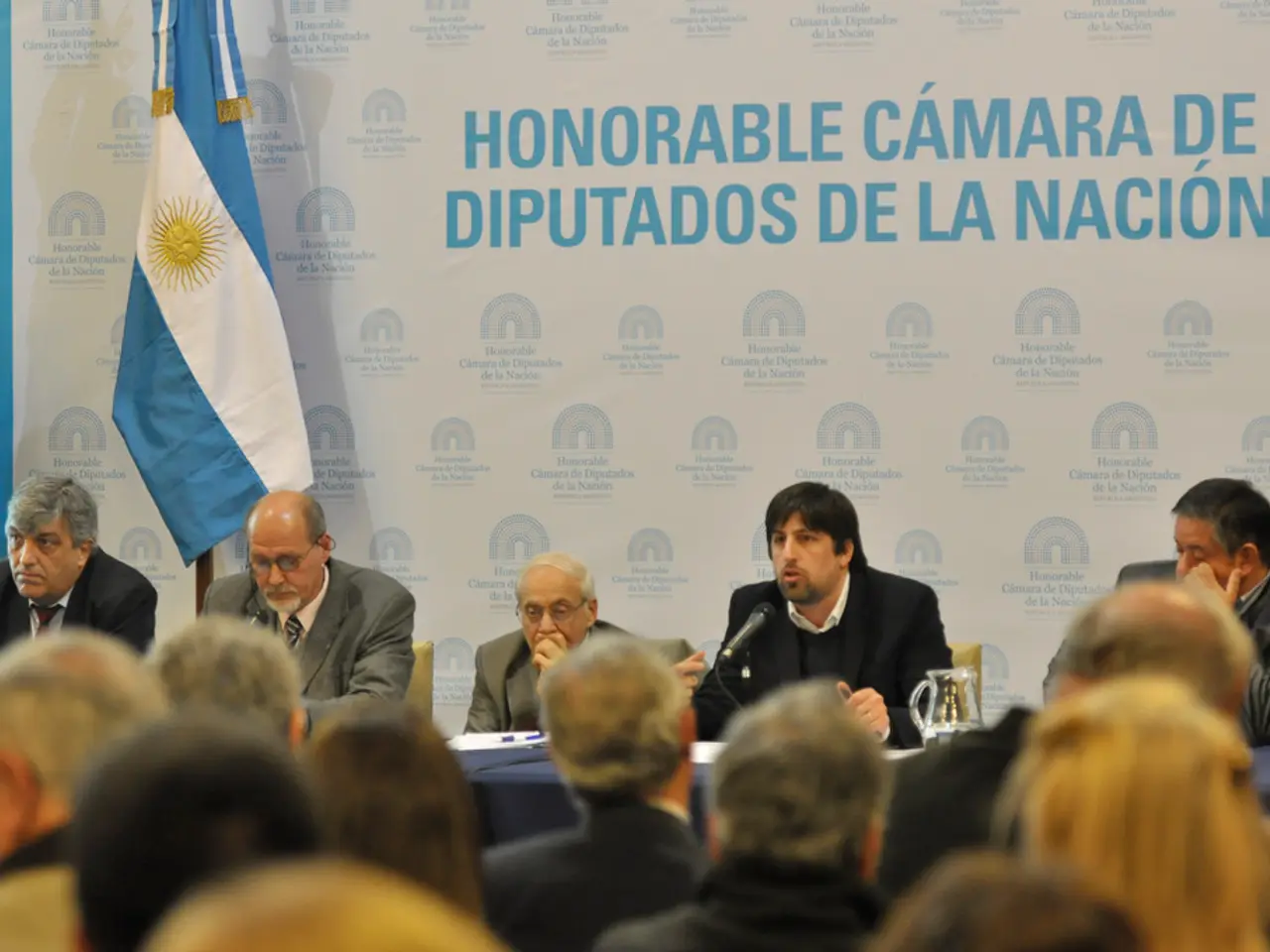Courts' impartiality questioned due to political influence: Supreme Court denounces accusations against TelanganaHigh Court judge
In a significant move, the Supreme Court of India issued contempt notices to a litigant and his lawyers for making scurrilous allegations against Telangana High Court judge, Justice Moushumi Bhattacharya. The notices were issued in late July 2025, following a petition related to a case involving Telangana Chief Minister A Revanth Reddy.
The contempt notices were issued by a three-judge bench of the Supreme Court, which included Chief Justice of India (CJI) BR Gavai, Justice Vinod Chandran, and Justice Atul S Chandurkar. The court refused to allow the withdrawal of the petition and strongly condemned the baseless accusations made against the judge.
The Supreme Court emphasized that both litigants and lawyers are equally liable for contempt if they make scandalous or defamatory allegations against judges. The court directed the litigant, Peddi Raju, and his lawyers, including advocate-on-record Ritesh Patil, to tender an unconditional apology to the High Court judge involved.
The Telangana High Court was instructed to reopen the case and place it before Justice Bhattacharya, who would decide within a week whether to accept the apology. As of August 23, 2025, Justice Moushumi Bhattacharya of the Telangana High Court has accepted the apology tendered by Peddi Raju and his lawyers in compliance with the Supreme Court’s directives.
The Supreme Court's stance on such allegations in petitions involving political figures has been firm. The court has taken a strict view against unfounded or scandalous accusations against judges, especially in politically sensitive cases such as the one involving Telangana Chief Minister A Revanth Reddy. The court referenced a 1954 Constitution Bench ruling holding litigants and their lawyers responsible for contempt if they engage in such misconduct, stressing the importance of protecting the judiciary’s dignity. It also noted a preference for accepting sincere apologies over punitive actions but would assess genuineness carefully before deciding.
This reflects the Supreme Court's firm position against defamatory allegations in judicial proceedings involving political figures. The court has emphasized that wisdom lies in forgiving rather than punishing in such cases, but it will not hesitate to take action when necessary to protect the dignity of the judiciary.
Read also:
- Discussion between Putin and Trump in Alaska could potentially overshadow Ukraine's concerns
- Massive 8.8 earthquake hits off the coast of Russia's Kamchatka Peninsula, prompting Japan to issue a tsunami alert.
- Court petitions to reverse established decision on same-sex marriage legalization
- Independence supporters in New Caledonia refuse agreement offering authority without a vote on sovereignty





